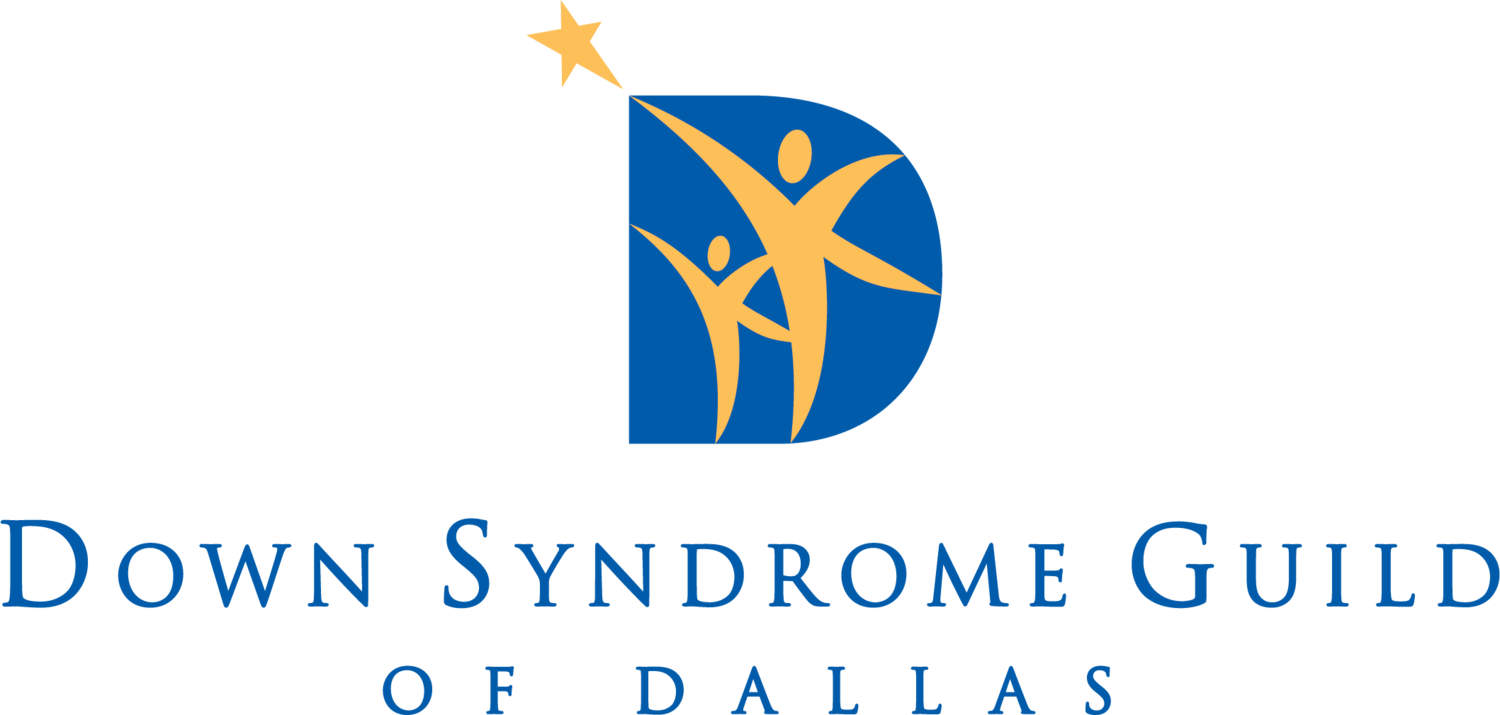Adult
NEW MEDICAL CARE GUIDELINES FOR ADULTS WITH DOWN SYNDROME
The first-in-kind Global Guideline was peer reviewed, edited, and published in the Special Communication section of the print and online October 2020 issue of JAMA, the Journal of the American Medical Association. The Global Guideline is for clinicians and addresses nine medical areas: Behavioral Health, Dementia, Diabetes, Cardiovascular Disease, Obesity, Atlantoaxial Instability, Osteoporosis, Thyroid, and Celiac Disease. It is made up of 14 recommendations and 4 statements of good practice.
2001 AMERICAN FAMILY PHYSICIAN GUIDELINES FOR ADULTS WITH DOWN SYNDROME
Guidelines designed to assist physicians in caring for adults with Down syndrome.
AGING AND DOWN SYNDROME: A HEALTH & WELL-BEING GUIDEBOOK
Guidebook produced by NDSS to provide guidance, education and support to families and caregivers of adults with Down syndrome. (En Español)
ALZHEIMER’S DISEASE & DOWN SYNDROME: A PRACTICAL GUIDEBOOK FOR CAREGIVERS
Guidebook produced by NDSS in partnership with The National Task Group on Intellectual Disabilities and Dementia Practices and the Alzheimer’s Association to address the specific concerns related to adults with Down syndrome and Alzheimer’s disease and the people who love and support them. (En Español)
ALZHEIMER’S CLINICAL TRIAL CONSORTIUM FOR DOWN SYNDROME ACTC-DS) - TRIAL-READY COHORT - DOWN SYNDROME (TRC-DS)
(2025) UT Southwestern Medical Center is currently recruiting for a new research study. The TRC-DS study is an observational research study (no study drug) designed for adults with Down syndrome. The purpose of the TRC-DS study is to develop a large cohort of trial-ready participants to help speed-up enrollment into future Alzheimer’s Disease (AD) treatment and prevention trials for adults with Down Syndrome (DS).
ALZHEIMER’S ASSOCIATION - DOWN SYNDROME & ALZHEIMER’S
The Alzheimer's Association’s mission is to lead the way to end Alzheimer's and all other dementia — by accelerating global research, driving risk reduction and early detection, and maximizing quality care and support. The organization offers a wide array of online Educational Programs and Dementia Care Resources. With support from the Alzheimer’s Association, the Down Syndrome Connection of the Bay Area offers a Down Syndrome and Dementia Family Caregiver Telephone Support Group on the 3rd Thursday of every month from 6-7pm. Please contact Marianne Iversen at Marianne@dscba.org for complete details.
ADULT DOWN SYNDROME CENTER RESOURCE LIBRARY
Comprehensive resource library developed by Advocate Medical Group Adult Down Syndrome Center for people with Down syndrome, family members/caregivers, and health care professionals. Resources include presentations on a variety of adult related topics, videos, social stories and visuals, tips, toolkits, healthcare best practices, and more.
DOWN SYNDROME REGRESSION DISORDER (DSRD)
Symptoms checklist and resources for families whose loved one with Down syndrome (typically between the ages of 10 and 30 years old) is experiencing a sudden loss of skills in several key areas. Learn more about the current clinical trials in Colorado and California.
BOOK: MENTAL WELLNESS IN ADULTS WITH DOWN SYNDROME: A GUIDE TO EMOTIONAL AND BEHAVIORAL STRENGTHS AND CHALLENGES
Written by Dennis McGuire, Ph.D. & Brian Chicoine, M.D. Mental Wellness emphasizes that understanding and appreciating both the strengths and challenges of people with Down syndrome is the key to promoting good mental health. It shows readers how to distinguish between bona fide mental health issues and common characteristics of Down syndrome—quirks or coping strategies. The second edition includes new chapters on sensory issues (written by Dr. Katie Frank) and regression, expanded and now separate chapters on communication, concrete thinking, and visual memory, and an extensively updated chapter on Alzheimer’s disease citing abundant new research.
BOOK: THE GUIDE TO GOOD HEALTH FOR TEENS & ADULTS WITH DOWN SYNDROME
Written by Brian Chicoine, M.D. & Dennis McGuire, Ph.D. Drs. Chicoine and McGuire provide invaluable insight into what health problems are more common in their patients, and how medical issues can “present” differently in people with Down syndrome. In a clear, empathetic style, they discuss how to promote a healthy lifestyle to prevent problems, and how to recognize health problems early on to ensure appropriate care and the best outcome.
A FAMILY TOOLKIT: PEDIATRIC-TO-ADULT HEALTH CARE TRANSITION
Family toolkit developed by Got Transition and its National Family Health Care Transition Advisory Group (includes representatives from NDSC) to help guide youth’s transition from pediatric to adult health care. The toolkit includes a set of easy-to-use resources, including a transition timeline, questions to ask your doctor, turning 18 and what it means, and more. (En Español)

